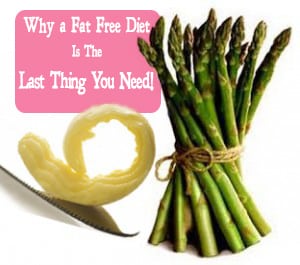
free-healthy-diet-plans-to-lose-weight
“Here, have some butter on your asparagus.”
Isn’t that about the nicest suggestion anybody could give to you? What if I told you it was also one of the healthiest suggestions? If you’re one of the millions of women who still believes that a fat free diet and packaged fat-free foods are the key to weight loss, I have some great news for you: you are wrong.
A fat-free diet is both unhealthy and ineffective in helping you to lose weight and body fat. There are several reasons for both of these facts, but they boil down to three things: your body needs some fat to function, fat-free foods actually sabotage weight loss by causing overeating, and fat-free foods contain high levels of sugar that sabotage your health and your weight loss.
First let’s talk about all of the reasons that you actually need fat in your diet, for both good health and weight loss. Then we will talk about what all of those fat-free foods are really doing to your weight loss efforts and overall health.
Fats and Vitamin Absorption
Certain vitamins are what are known as fat-soluble vitamins. This means that they actually need to be coupled with fat in order for your body to absorb them. Without fat, they pass through your digestive tract and right out of your body without being used. These fat soluble vitamins include Vitamins A, K, E and D.
There’s an almost epidemic rate of Vitamin D deficiency in this country. This is partly attributed to all of the sunblock we wear. Now, wearing sunblock is an extremely good idea to protect against skin damage and skin cancer, but we get a lot of our Vitamin D by absorbing it through our skin from the sun’s rays. The other main source is dairy products such as milk and yogurt. But if we’re drinking fat-free milk and eating fat-free yogurt, our bodies aren’t going to absorb that Vitamin D. This is another reason so many Americans are actually Vitamin D deficient.
In order to absorb these essential Vitamins, we must ingest them with some healthy fat in order to absorb them and nourish our bodies.
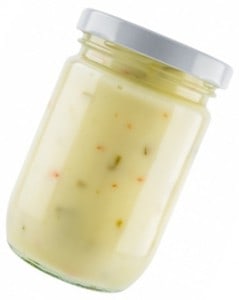 Fat and Phytonutrient Absorption
Fat and Phytonutrient Absorption
Most of you have read and heard about the importance of getting plenty of phytonutrients, chemicals found in plants, which fight inflammation, cancer, disease and oxidative stress. Because of their phytonutrient content, their fiber and low calorie content, women trying to lose weight eat piles of raw vegetables in an effort to lose weight healthfully.
But recent research has shown that your body needs fat in order to absorb those phytonutrients. In fact, one study found that women who ate salads with fat-free dressing absorbed far fewer phytonutrients than did women who ate salad with full-fat dressing. In other words, the women using fat-free dressing were eating all of those veggies almost in vain.
Now, I should clarify at this point that the full-fat dressings you eat need to be full of healthy fats, meaning monounsaturated fats like olive or coconut oil. The cheap, supermarket brands of salad dressing are made with partially-hydrogenated fats and unhealthy trans-fats, which makes them one of those “out of the fire, into the frying pan” kinds of propositions. Trading poor nutrient absorption for heart disease is not a good deal.
The Other Benefits of Fat in Your Diet
Our bodies need fat just as much as they need protein and healthy carbohydrates. Without fat, our bodies will cease to function. Every cell in your body is protected by a phospholipid layer, which is made of fats. The membrane protecting our brains is made of fat. Our nerves use fat to send signals to our brains. Fats also help regulate hormones, keep our moods level and keep our skin healthy.
As far as weight loss goes, healthy fats help us to feel full and satisfied, which prevents overeating and giving in to cravings. The mood-lifting benefits of fat (primarily Omega-3 fats) also help us to avoid emotional eating.
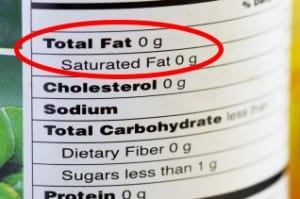
In addition to all the things that fat does for you, we have all of the things that fat-free foods do to you.
Back in the 90s, nutritionists coined the phrase, the “SnackWells Syndrome.” If you’re not familiar with the SnackWells line of packaged foods, they are a line of fat-free cookies, chips, crackers and other snacks that became hugely popular in the fat-phobic 80s and 90s. “SnackWells Syndrome” referred to the fact that women who ate fat-free snacks consumed far more calories than women who ate full-fat versions of those snacks. This was caused by two things: the lack of satiety usually provided by fat and the high sugar content of the snacks, which led to addictions and cravings.
There are basically three ways to provide flavor in foods: fat, salt and sugar. When food manufacturers take fat out of their foods, they increase the sugar (or salt) content in order to replace the flavor that is lost. So you might eat less fat in two fat-free cookies, but double the sugar that you would be eating otherwise. Not such a great trade, especially when you consider the effects of all that sugar on your weight loss efforts.
When you consume a great deal of sugar in your diet, it causes huge spikes of insulin in your bloodstream. Not only does insulin stimulate body to store fat (Not what you were going for), but it can also start a cycle of perpetual fat gain. The more frequently you have these insulin spikes, the less sensitive to insulin your body becomes. Insulin’s job is to deliver glucose to the body’s cells so it can be used as fuel. But when you become less sensitive to insulin, you not only store more glucose as fat instead of burning it as fuel, your body also starts sending more insulin to the bloodstream in an effort to correct the problem. It’s a real Catch-22. The end result is that you start storing more fat especially around your abdomen.

Fat-Free Foods and Overeating
Another problem with fat-free foods as a weight loss tool is that they can cause overeating. As I said earlier, many studies have shown that people eating fat-free foods actually consume more calories than people who eat the full-fat version of those foods.
In other words, a woman eating fat-free cookies may find that she eats ten before she finally feels satisfied, consuming about 1,000 calories causing a huge spike in her insulin levels. (Read the labels on fat-free cookies – they are NOT low calorie!) If she’s already becoming insulin resistant, most of those calories are also going to be stored as fat.
On the other hand, a woman eating her favorite, full-fat cookie may only need two or three to feel satisfied, resulting in far less sugar intake, less insulin secretion and only about 300 calories. Which one of these women do you think is more likely to lose body fat? If you guessed the one eating the full-fat cookies then you guessed correctly. Of course, only if she’s eating them in moderation.
Ladies, cutting fat from your diet or even cutting it down to a bare minimum is not the way to lose weight. It will ruin your health, make you feel miserable and actually lead to weight gain. Instead, get a reasonable percentage of fat daily and make your fat choices healthy ones. Focus on healthy plant based oils such as olive or palm oil, healthy nuts and seeds and their oils. Include some saturated fats from grass-fed meats and pasture-raised eggs as well as butter, milk and Greek yogurt from pasture-raised cows.
You will eat better, be happier, feel healthier and lose weight at the same time. So like I said, go ahead and have some butter on your asparagus!
Get great recipes here that are full of all the great stuff you need!
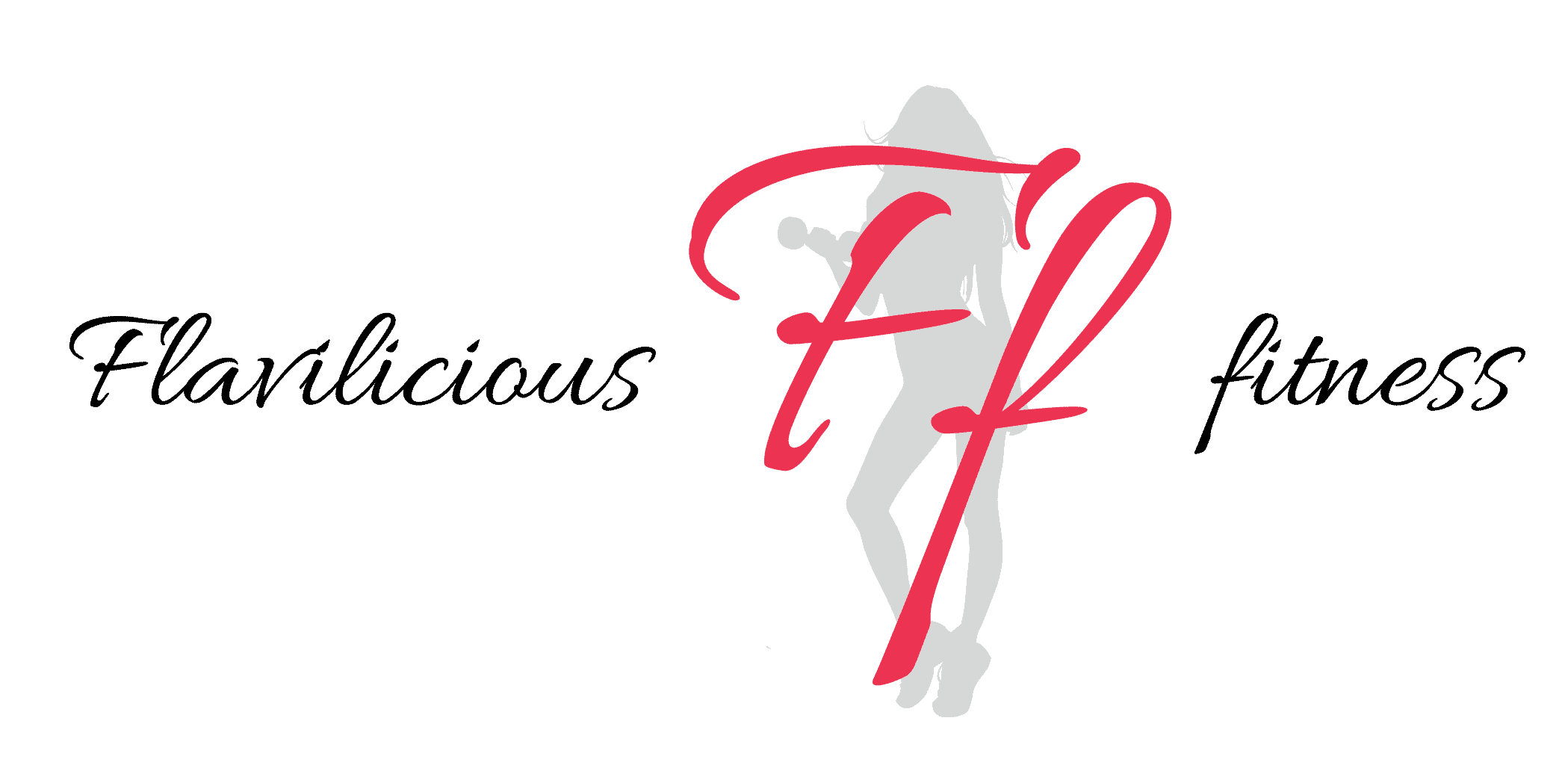

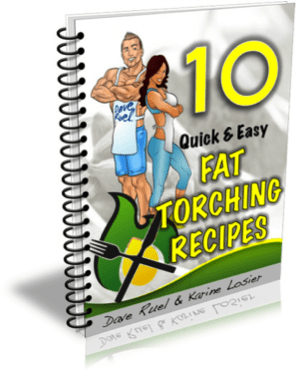
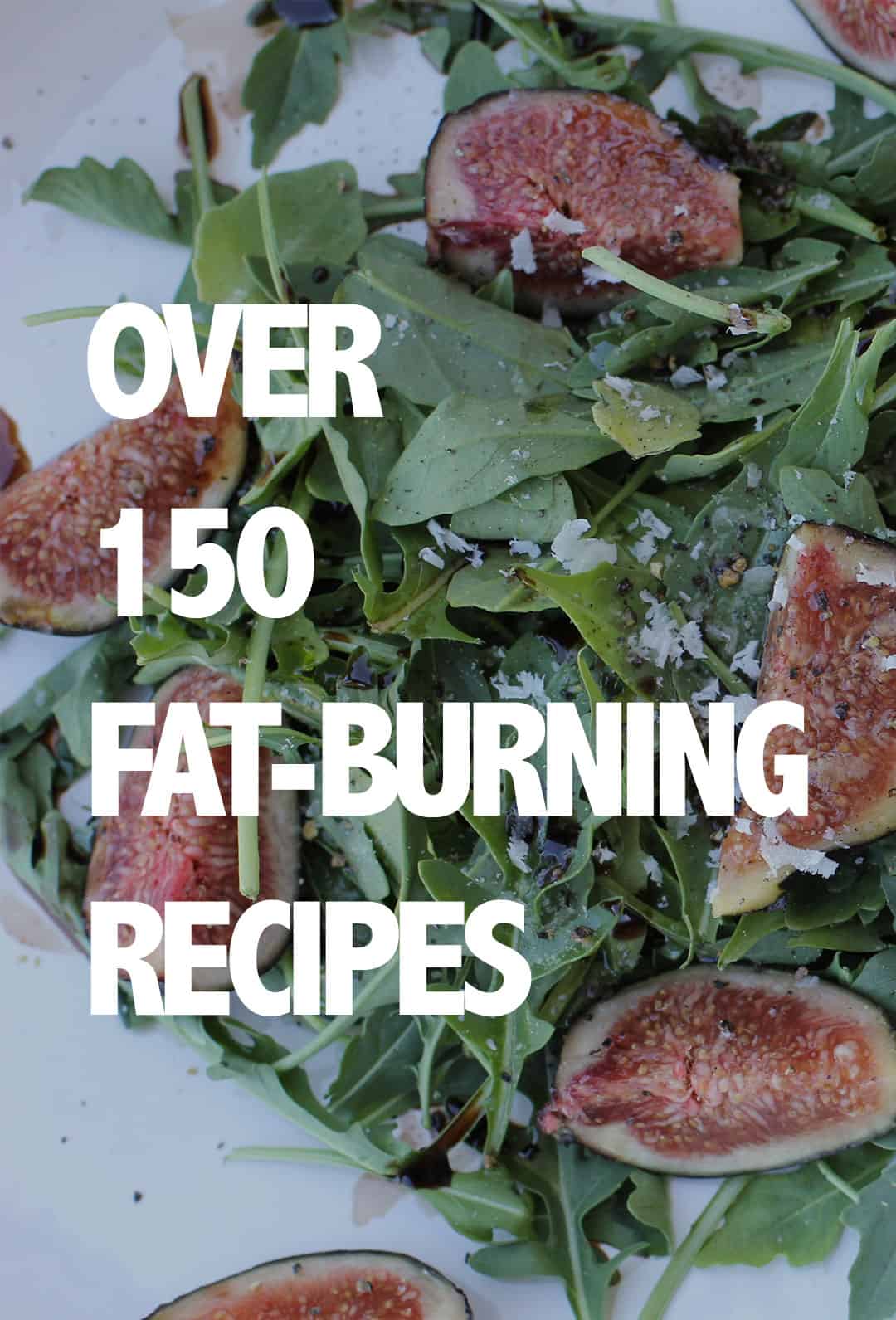
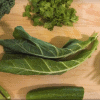
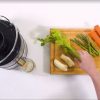
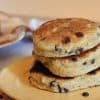


Great article Flavia! Your diet and nutrition tips are always awesome and appreciated!
Hi Flavia can I asked you some advice about sugar and Stevia please?
For many years now I’ve brought unrefined golden granulated and golden caster sugar for every day use and baking as I’ve read so many articles on processed white sugar and how bad it is for you, I was wondering if my choice in unrefined sugar is better or is it still just as bad?
also I have read articles about Stevia being the best alternative to sugar so i brought some and have started using this on my morning oats, but when I read the ingredients on the side of the container its a bit worrying i might be putting more bad things into my body than I would be by using unrefined sugar?
I do live in the UK so i’m unsure if our Stevia is made the same way as yours is?
ingredients:
bulking agent
erythritol sweetener
steviol glycosides
1% stevia leaf extract
natural flavourings
any advice you could offer would be greatly appreciated!
Thanks
Hi Clare,
The unrefined sugar is better than processed white sugar but it isn’t your best option. The stevia you listed is not the stevia Flavia recommends. You should be able to find stevia that the ingredient is just 100% pure stevia extract. You should be able to order it from amazon.com or any health food site if you cannot find it where you live.
All the best!
Anna, CPT, FF Specialist
Thanks for the reply Anna, rest assured i wont be buying or using that again! It just goes to show how companies try and fob you off with healthy alternatives to sugar but still make them just as bad if not worse for you!
Your so right Clare! Thanks 🙂
All the best,
Anna, CPT, FF Specialist
Hi there. How about milk? Should I have 2% or non-fat milk? Thank you.
Hi Joyce,
Flavia doesn’t recommend consuming many dairy products. Unsweetened almond milk is a great option!
All the best!
Anna, CPT, FF Specialist
Hi Anna,
How about soy milk? Will it be ok to get a coffee latte with soy milk? I don’t put any sugar in my latte. Thanks again.
Hi Joyce,
soy is not recommended as it increases estrogen. Almond milk is our best option.
All the best!
Anna, CPT, FF Specialist